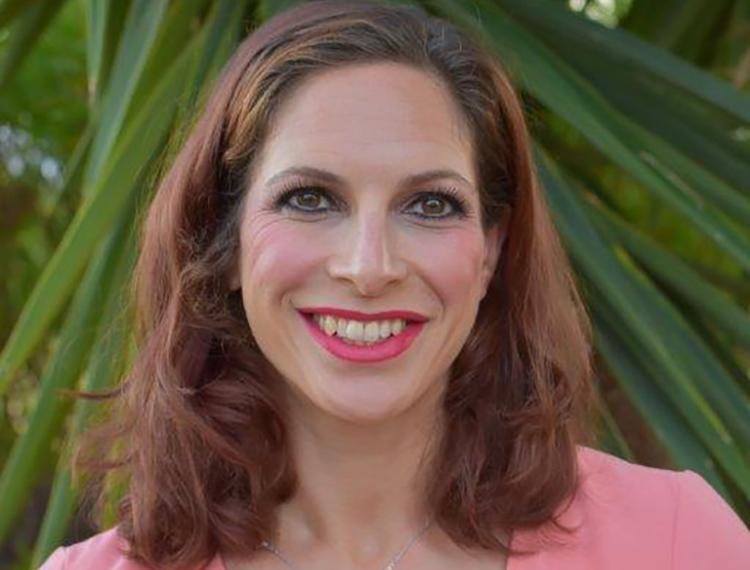100 years since women voted for first time

Today (14 Dec) marks 100 years since women voted for the first time. Sarah Kaiser, Employee Experience, Diversity and Inclusion Lead for Fujitsu EMEIA believes that whilst the past 100 years has seen great strides made in gender parity, there’s still an ocean of gender inequality left for us to conquer:
Today marks 100 years since women first voted in the UK. Since then we have seen significant leaps in gender equality with the election of the UK’s first female Prime Minister, and this year’s gender pay gap report.
Though, whilst great strides have been made, there’s still an ocean of gender inequality left for us to conquer. Amid the #MeToo and #TimesUp campaigns, mandatory gender pay reporting and a push for more women in senior positions, this is especially apparent in the 2018 workplace.
There are many steps that businesses can take to facilitate a diverse and inclusive work environment. One major factor preventing gender equality is the pipeline problem.
If organisations are to address the low number of women in more senior-level positions the first step is to increase the pipeline of talent by driving recruitment of women at a graduate and apprentice level.
But it doesn’t stop there. It’s easy enough to put in place initiatives where half of a company’s graduates employed are women, but this shouldn’t be seen as a box-ticking exercise.
Women need to be properly retained and included with an organisation, and the introduction of women’s networks, for instance, can be vital in ensuring women receive the proper support and advice they need.
But it should be the responsibility of the senior team to take the lead by championing women within their organisation, and encouraging senior women to act as mentors and role models.
The future does look bright for women in the UK, but transparency is vital if we are to continue the work of those women that fought for women to have the vote 100 years ago.
Sarah Kaiser, Employee Experience, Diversity and Inclusion Lead for Fujitsu EMEIA












Responses